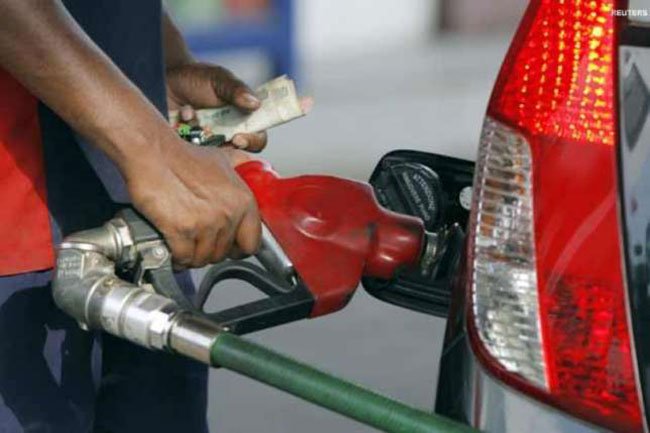
News Today: Sri Lanka fuel tax removal linked to Ceylon Petroleum Corporation loan repayment, says Energy Minister Kumara Jayakody.
Sri Lanka’s Energy Minister Kumara Jayakody has made it clear that the government cannot remove the fuel tax until the outstanding loans of the Ceylon Petroleum Corporation (CPC) are fully settled. Speaking to reporters, the Minister emphasized that doing so before clearing debts would jeopardize the government’s ability to meet its financial commitments.
According to Jayakody, the CPC has so far managed to repay only 30% to 40% of its accumulated loans. He stressed that this slow repayment rate makes it unrealistic to consider any form of tax relief on fuel in the immediate future.
The Minister explained that revenue generated from the fuel tax plays a crucial role in ensuring the CPC meets its loan obligations on time. Removing or reducing the tax, he warned, would severely impact the corporation’s capacity to make repayments and could lead to further financial instability.
He also noted that the government is prioritizing the repayment of CPC debts as part of its broader fiscal strategy. The repayment process involves addressing both local and international loan commitments, which have been a significant burden on the corporation’s balance sheet.
While acknowledging that fuel prices are a major concern for the public, Jayakody stated that fiscal responsibility must take precedence. He suggested that any decision to review the fuel tax will only be considered after the CPC’s loans are fully settled, ensuring that the corporation and the government are in a stable financial position.
This statement comes amid increasing public and political calls for fuel price reductions to ease the cost of living. However, the Energy Minister’s remarks indicate that such measures remain unlikely in the short term.




Leave A Comment